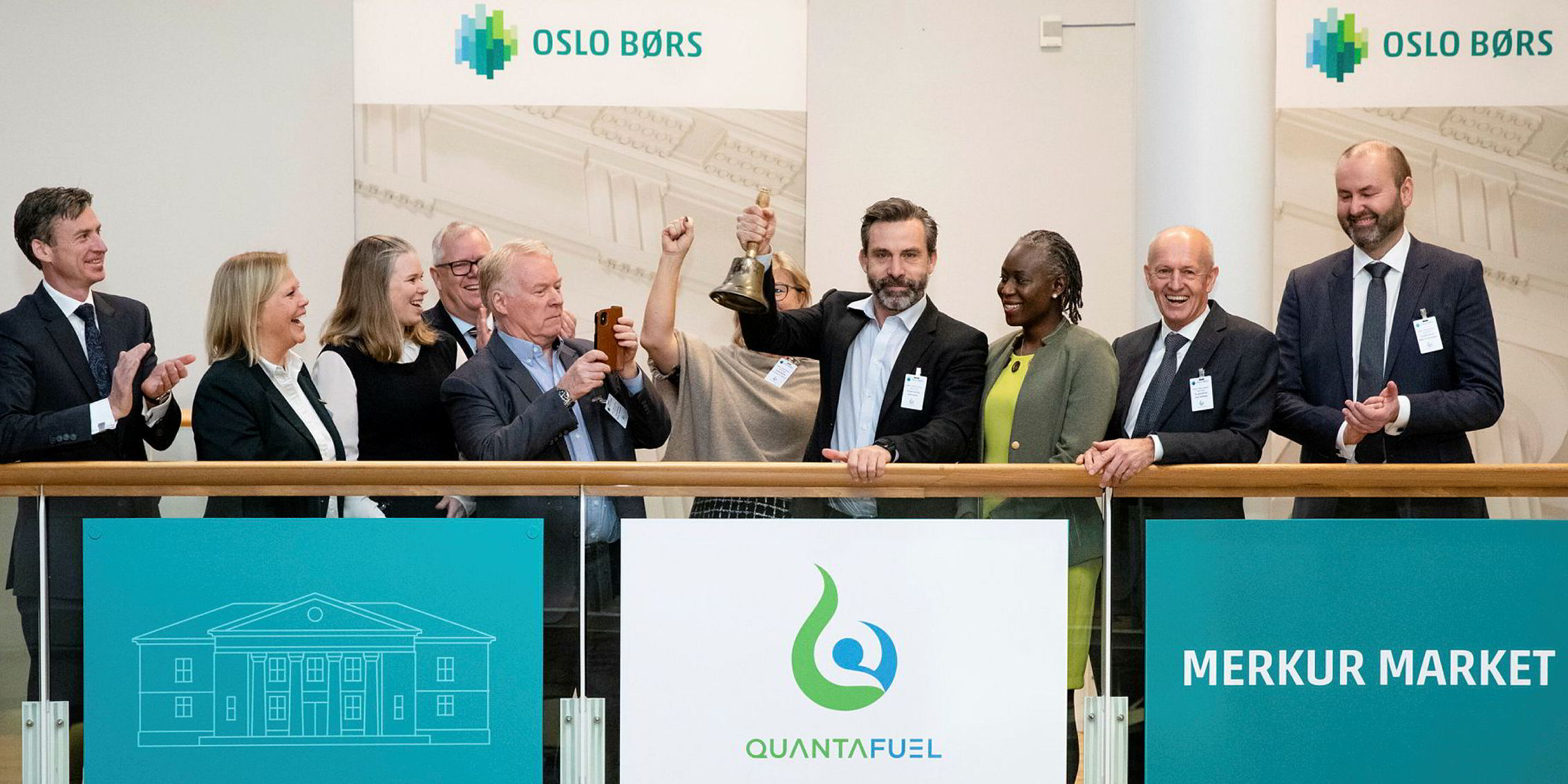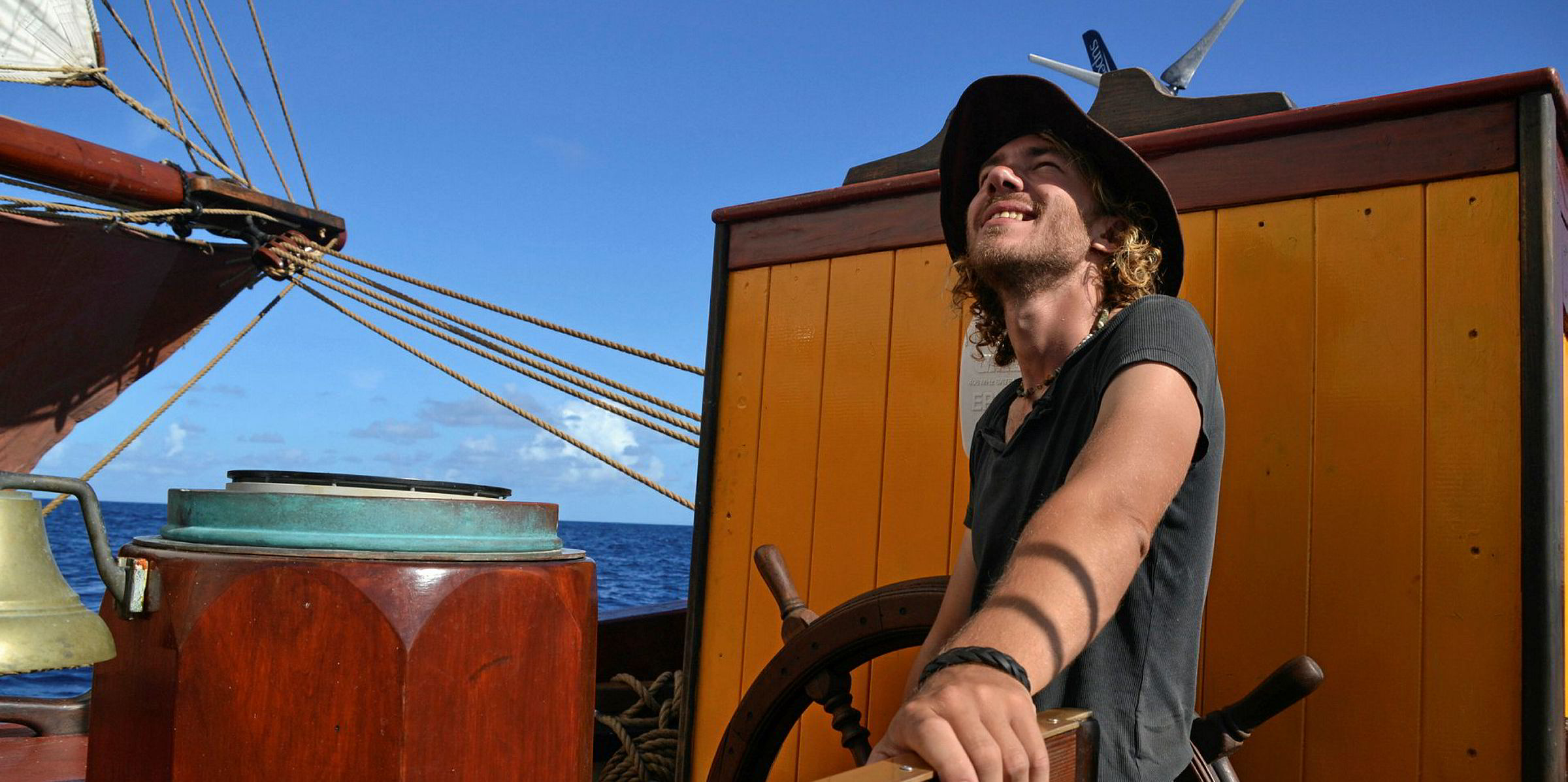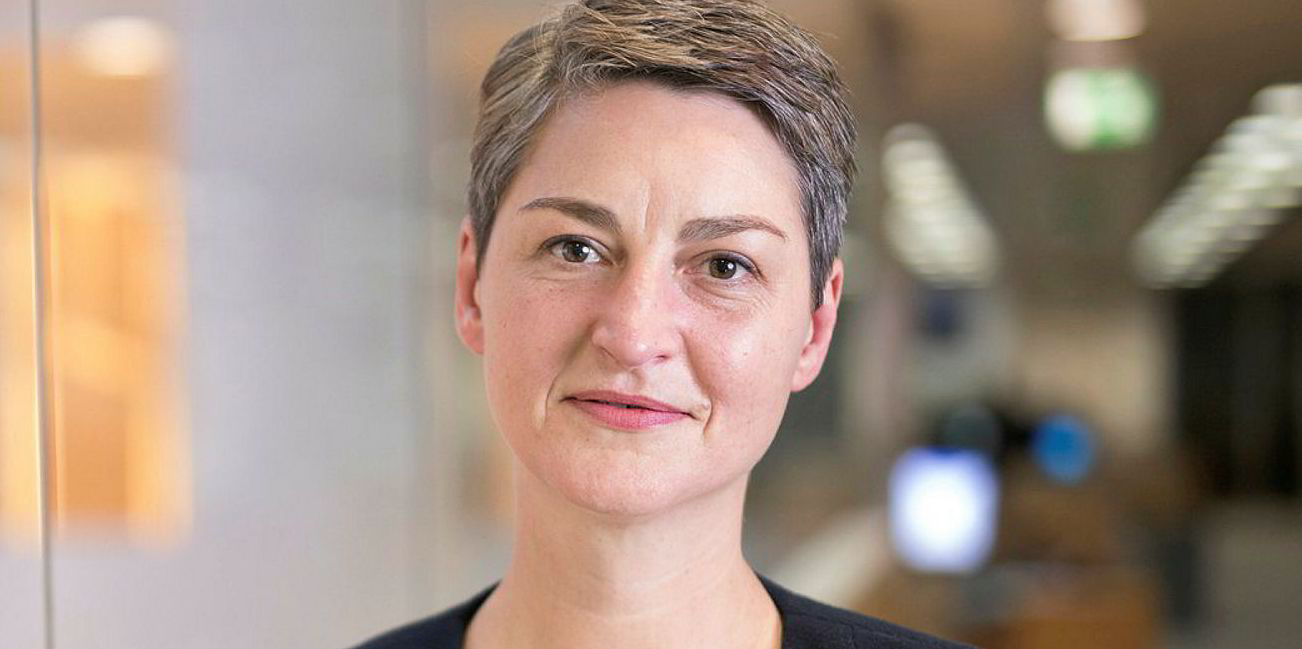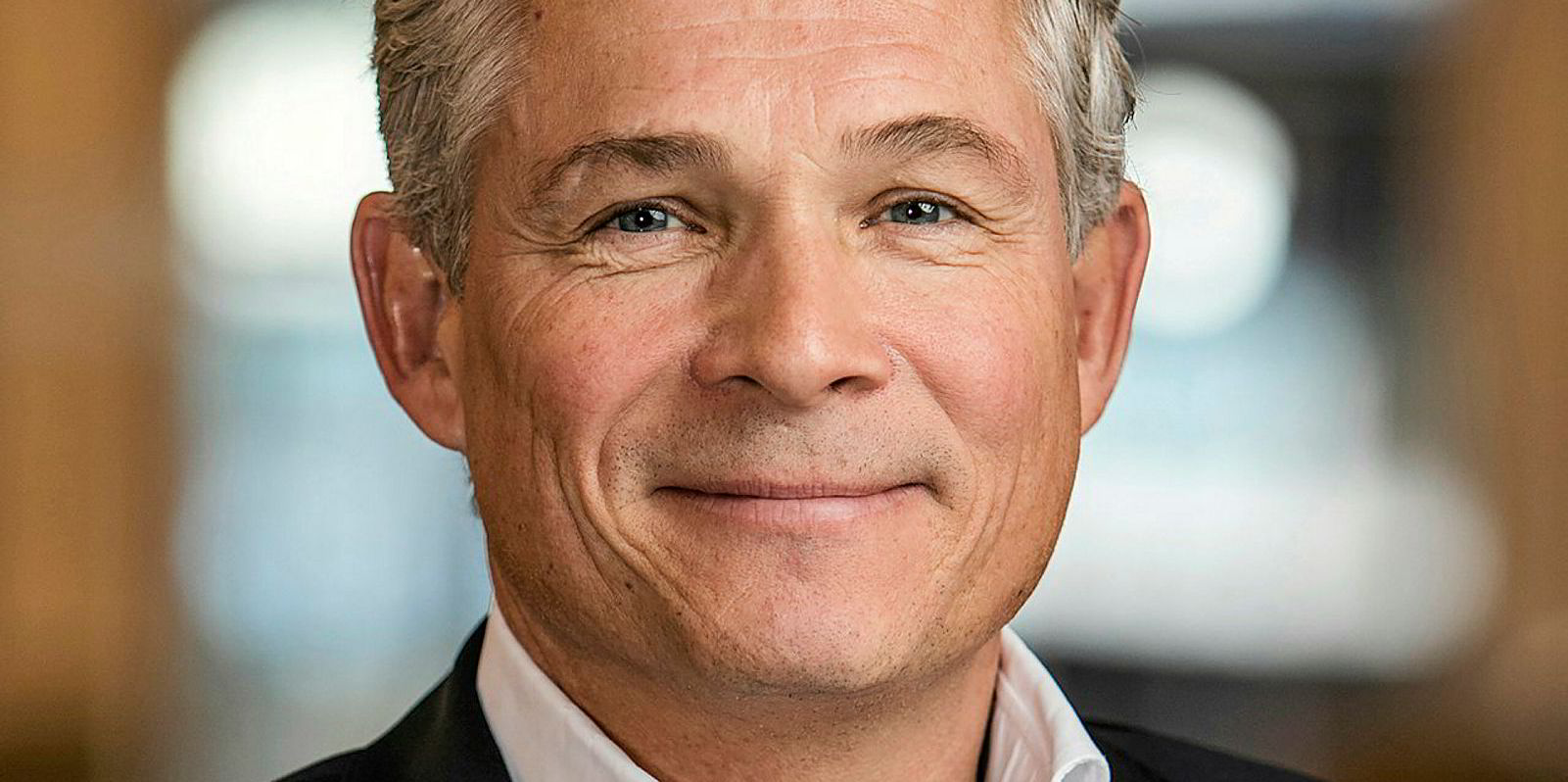Norway's Quantafuel has outlined the economics behind its drive to capture a big slice of the multibillion-dollar waste plastics fuel conversion industry.
The Oslo-listed start-up, backed by trader Vitol and German chemicals giant BASF, believes it can make $50m per year from the biggest plants it plans to build to turn rubbish such as shopping bags into bunkers.
The test plant at Skive in Denmark has recently produced its first fuel, transforming the equivalent of 66,000 used bags into "high-quality liquids", the company said.
At a presentation in Oslo on Thursday, Quantafuel revealed it has four other refineries planned.
Skive will build up to a processing capacity of 20,000 tonnes this year, while total Danish capacity will reach 80,000 tonnes in 2022.
More capacity planned
Quantafuel's plant at Kristiansund in Norway will handle 20,000 to 30,000 tonnes next year, while two planned facilities in Antwerp and Amsterdam will handle 100,000 tonnes of waste from 2022 or 2023.
A refinery will also be set up in Germany with BASF. This will process another 100,000 of plastics by 2023.
Quantafuel said the 100,000-tonne plants will cost $100m to build, but will bring in Ebitda of $50m per year by producing 80,000 tonnes of fuel. This is from revenue of $80m.
But the cost to consumers may be a problem. The estimated market price is $1,000 per tonne, compared to the price of low-sulphur fuel oil today of up to $350 per tonne.
"This will become a multibillion industry. Why can it not be Quantafuel that becomes the market leader?" the Norwegian company said.
At full production, Skive will receive three truckloads of a combined 60,000 kg per day, or the equivalent of 4m shopping bags, from Norway and Denmark.
Based on the existing contracts for raw material and offtake, Skive will log $10m of Ebitda per year.
"We are humble for the tasks ahead and know that there will be a period with unstable production and probably new challenges that need to be overcome," said Quantafuel chief executive Kjetil Bohn.
"But we are proud to have reached this crucial milestone so fast and continue our dedicated work towards full production."
Vitol has big ambitions
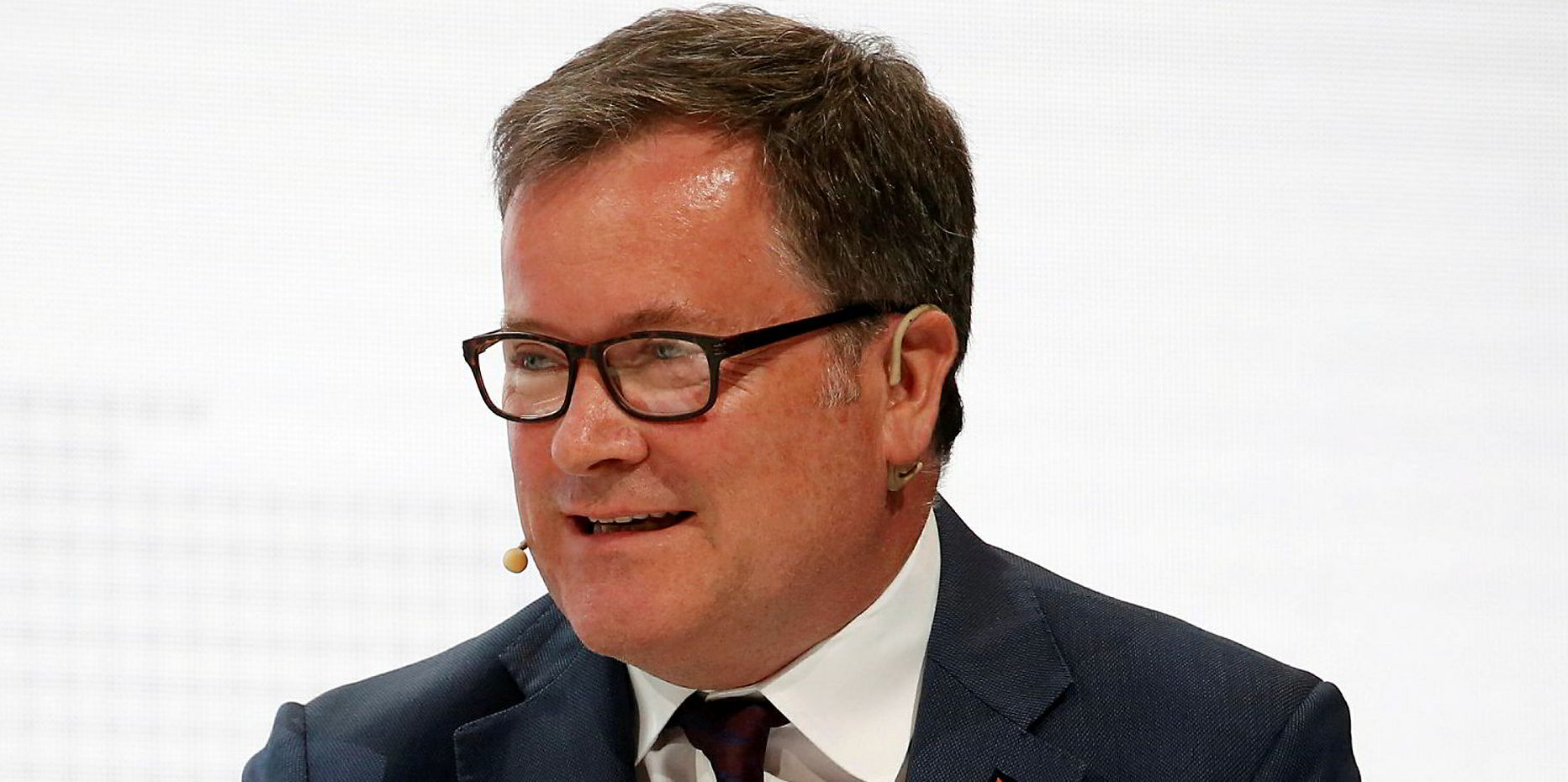
Quantafuel said its pyrolysis reactor technique removes ash particles, oxygen, nitrogen, chlorine and sulphur, as it changes the molecular structure.
The fuel will cut CO2 emissions by 90%.
"We're going to turn it into the biggest plastic recycler in the world," Vitol chief executive Russell Hardy has said of Quantafuel.
Last week, Quantafuel completed a NOK 602m ($66m) private placement of shares to fund feasibility studies into the building of two large-scale production facilities in Amsterdam and Antwerp.
Last year, Vitol converted $3.25m of Quantafuel debt into stock, giving it 2.9% of the company.
This was followed by an investment by German chemicals giant BASF, which pumped in $22m in the form of new shares and a convertible loan.
Quantafuel then moved up to Oslo's Merkur Market from the over-the-counter board.
BASF has a four-year right of first refusal for the products.
Quantafuel has previously told TradeWinds that the new fuel is suitable for any kind of ship without modification.
